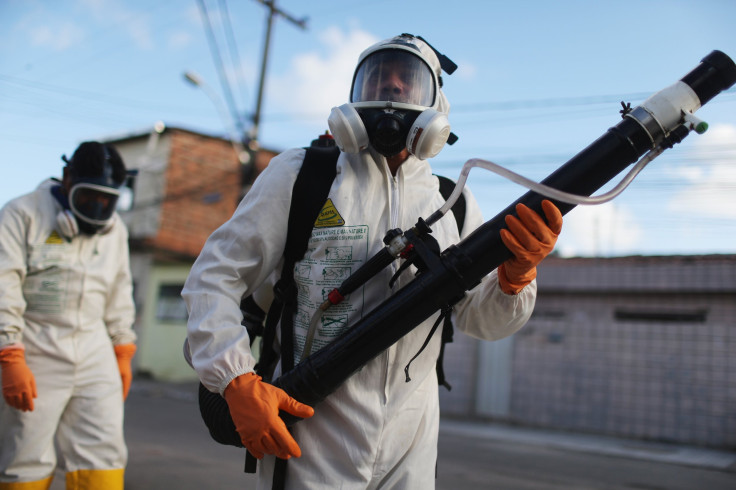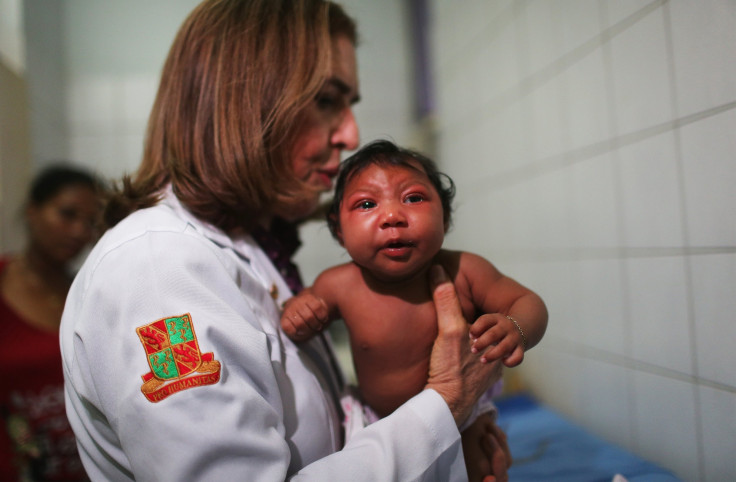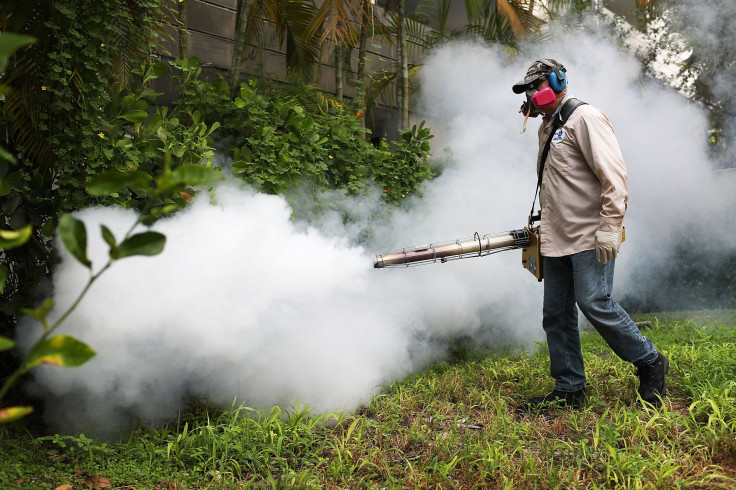Zika Virus Cases In India Hidden, New Cases Reported In Florida Of Affected Babies

There have been three confirmed cases of Zika virus in Gujarat, India so far indicating that the virus, which has already affected many countries in South Asia, has arrived in India.
The cases include a newborn baby, who was diagnosed with the virus in January 2017, after it developed mild fever.
Since none of the individuals affected by the virus had any history of travelling to a Zika-affected place in the recent years, it has been suggested that the virus was always in circulation in the Indian ecosystem.
“We checked if the patients travelled to these countries within the incubation period of the infection,” said Dr A.C. Dhariwal, director of National Centre for Disease Control, Scroll reported. “Since there was no history of travel, the transmission is presumed to be local.”
Read: Intentionally Infecting Mosquitoes With Bacteria May Get Rid Of Zika
A paper on the virus, published by American Society for Microbiology in 2016, states that the Zika virus has existed in India since 1952.

People get infected by Zika Virus either from a bite of the Aedes mosquito who is carrying seeds of that virus or by engaging in sexual intercourse with a person who has already has the disease. Some of its symptoms include rashes on the skin, high fever, and in extreme cases, the Guillain-Barré syndrome, which causes weakness of muscle or even paralysis.
The virus is particularly fatal for pregnant woman as it can lead to congenital defects in their newborns, including under-developed brain functions.
Florida has been battling the Zika virus for a couple of years now and fresh cases of the virus infecting pregnant women have come to light. In 2017, seven cases of babies born with neurological dysfunctions due to the virus have already been reported so far, Florida health officials confirmed Tuesday, Orlando Sentinel reported.
It has also been stated that an alarming 340 expecting mothers have been affected by the Zika virus since 2016, even though the Orange County Health Department, Florida, refused to reveal any more details regarding the status of the women carrying the virus. Hence, it cannot be assumed that the pregnant women infected by the virus will be giving birth to children with neurological disorders because according to a national study, about 10% of the babies in such cases are usually affected.
Florida Gov. Rick Scott has vowed to renew their efforts to keep the virus from spreading any further. One of the measures being adopted to battle the same is increasing the level of awareness regarding ways one can protect their homes and neighborhoods from the virus.

This is an opposite tactic to what health officials in India have been doing to inform the people of the existence of Zika Virus and proper measures to battle the same. Despite the fact the there have been confirmed cases of the virus in India for months, officials refrained from making the news public to prevent causing panic.
The confirmed cases of Zika virus in Gujrat were brought to the notice of the World Health Organization through an online bulletin, Tuesday, four months after the a person’s blood tested positive for the virus in the state, said South China Morning Post.
The required action on the ground was taken, and we felt we were doing the job well. We thought there was no need to create a public hue and cry or create a situation where people start panicking,” Soumya Swaminathan, director general of the Indian Council of Medical Research told South China Morning Post.
She also added that in most cases, pregnant women are not even checked for a possible Zika infection if they come to the hospital after developing mild fever because India lacks the lab capacity to test out every single case.
© Copyright IBTimes 2024. All rights reserved.












